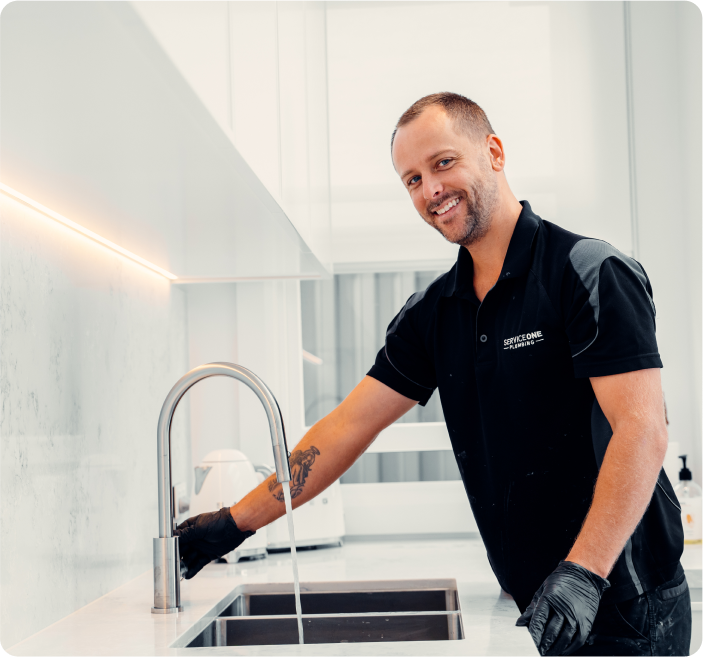What Is The Difference Between Residential and Commercial Plumbing?
Residential and commercial plumbing are two
distinct branches of the plumbing industry, each catering to different types of
properties and their unique plumbing needs. Here's a comparison of the two:
1.
Property Type:
Residential Plumbing: This type of plumbing
focuses on homes, apartments, and other housing units where people live.
Commercial Plumbing: Commercial plumbing serves
businesses, institutions, and larger properties such as offices, restaurants,
hotels, schools, hospitals, and industrial facilities.
2.
Scale and Complexity:
Residential Plumbing: Residential Plumber Botany systems
are generally simpler and smaller in scale compared to commercial systems. They
involve fewer fixtures and are designed to meet the needs of individual
households.
Commercial Plumbing: Commercial plumbing systems
are larger and more complex due to the higher demand for water, more fixtures,
and often specialized equipment. They require careful planning and engineering
to ensure efficient water distribution and waste removal.
3.
Regulations and Codes:
Residential Plumbing: Residential plumbing is
subject to building codes and regulations specific to homes and residential
structures. These codes ensure safety, sanitation, and proper functioning of
plumbing systems.
Commercial Plumbing: Commercial plumbing must
adhere to more stringent building codes and regulations due to the larger scale
and potential impact on public health and safety. Compliance with these codes
is essential to prevent risks and legal issues.
4.
Usage and Demand:
Residential Plumbing: Residential plumbing
systems handle day-to-day water usage for tasks such as bathing, cooking, and
laundry. The demand is relatively consistent and follows domestic routines.
Commercial Plumbing: Commercial plumbing systems
must handle higher usage demands, especially in industries like hospitality,
healthcare, and manufacturing. These systems need to accommodate peak usage
times without compromising performance.
5.
Fixtures and Appliances:
Residential Plumbing: Residential plumbing
typically includes fixtures like toilets, sinks, showers, bathtubs, and washing
machines.
Commercial Plumbing: Commercial plumbing
includes a wider range of fixtures, including larger toilets, multiple sinks,
industrial-grade dishwashers, commercial-grade water heaters, and specialized
equipment depending on the type of business.
6.
Maintenance and Repairs:
Residential Plumbing: Repairs and maintenance in
residential plumbing focus on individual households. Plumbers often deal with
common issues like leaky faucets, clogged drains, and malfunctioning toilets.
Commercial Plumbing: Maintenance and repairs in
commercial plumbing are more complex due to the larger systems. Plumbers need
to address issues that could disrupt business operations, impacting both
employees and customers.
Residential Plumbing: Residential Plumber Rosebery needs
to understand the layout and design of residential systems, with a focus on
meeting the needs of families and individuals.
Commercial Plumbing: Commercial plumbers require
a higher level of expertise to manage the complexity of larger systems,
specialized equipment, and the diverse needs of different businesses.
In summary, residential and commercial plumbing
serve distinct purposes and have unique challenges. Residential plumbing is
tailored to individual households and focuses on everyday domestic needs.
Commercial plumbing, on the other hand, caters to larger properties with more
complex systems and diverse usage demands. Whether it's a home or a business,
having a reliable plumbing system is crucial for the comfort, functionality,
and safety of the property. For any types of plumbing always take help of
Service One Plumbing.



Comments
Post a Comment